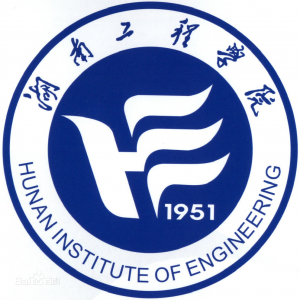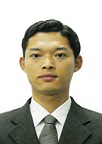
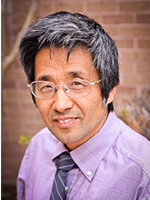
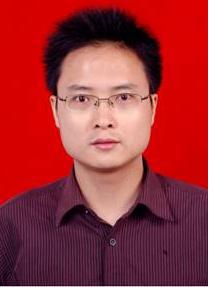
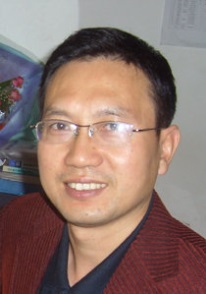
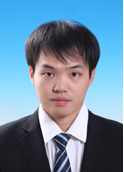
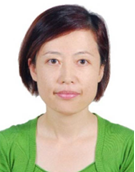

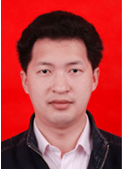
4.Title:Cloud computing and Data mining
Summary:
Cloud computing and big data are the main research directions in the current Internet. Especially the research of scheduling algorithms under cloud computing tasks and data mining under big data are the focus of current research. (1) How to more effectively perform task resource scheduling It is the focus of research under cloud computing. In particular, the current task scheduling model needs to be improved to some extent. The traditional single bionic algorithm can not meet the needs of current research, hybrid algorithms or new ones. Bionics algorithm has become a new solution for task scheduling under cloud computing. (2) Data mining has always been the focus of research, especially in the context of big data. Traditional neural networks have many training times and training. The long time and the disadvantage of large training error, so the intelligent optimization of traditional neural network can be an effective supplement to the current neural network algorithm.
Keywords:
Internet of things; cloud computing; Big Data; Data mining
Chair:
ShuFeng Ai,Professor, Communication University of ZheJiang, China.
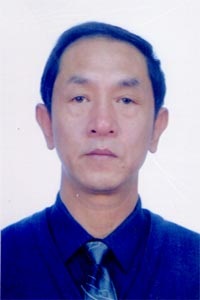
ShuFeng Ai received his the M.S. degree in computer from YanShan Universtiy , His research interests include cloud computing and Algorithm Design
XiangJun Xin,Professor, ZhengZhou University of Light Industry, China.
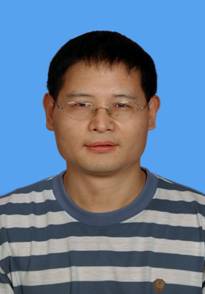
XiangJun Xin received his the ph.D degree in computer from Xidian University, His research interests include Cryptography and Information security



